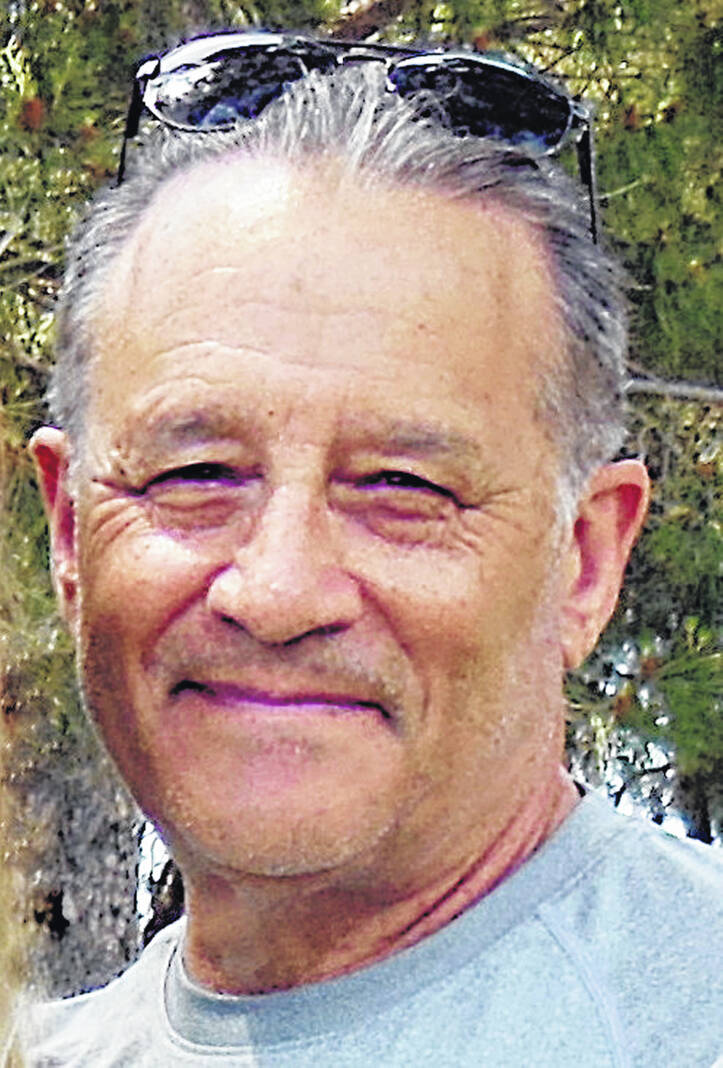
Bill Sims
Contributing columnist
Soft power? Sounds like a strategy promulgated by a convention of weak-kneed, free-spirited peaceniks who’ve listened to John Lennon’s iconic song “Imagine” too many times.
Imagine there’s no countries…
Nothing to kill or die for…
Living life in peace…
You may say I’m a dreamer…” Yes John, with all due respect, you were.
I am a Beatles fan, but not of flower-child sentiments when it comes to our nation’s global security. But “soft power” is an emergent strategy in security planning, especially among hegemonic powers. Joseph Nye of the Kennedy School of Government, currently at Harvard’s Belfer Center of Science and International Relations, describes soft power as the “ability to co-opt rather than coerce.” In his book “Bound to Lead: The Changing Nature of American Power,” (1990) he wrote presciently that, “When one country gets other countries to want what it wants might be called co-optive or soft power, in contrast with the hard or command power of ordering others to do what it wants.”
Soft power is often measured in reputational characteristics, such as governance, business, international relations, technology prowess, trade, cultural heritage, education, science and a nation’s inherent values.
Ukraine has catalyzed strategy studies related to “hard” vs. “soft power,” but significantly, these soft-power trends have been developing for years, especially in the European Union, NATO, China, Russia and the United States.
The overwhelming threat of nuclear weapons makes them no less important as a strategic deterrent. Yet mutually assured destruction (MAD) is so catastrophic that current military aggression, like Russia’s Special Military Operation, is more conventional in nature, using the threat of nuclear weapons as the belligerent’s ultimatum.
The threat of nuclear Armageddon may diminish the likelihood of a hot radioactive war, but increasingly nations perceive non-military threats as more menacing to their nation’s security. Such tactics include disinformation, satellite surveillance technology, supply chain disruptions, sanctions, semiconductor chip denials that drive today’s smart air, land and sea weapons.
Real power may come more from durable economic output than from the barrel of a gun. Amy Chang Chien wrote recently in the New York Times that “Russia’s troubles in Ukraine appear to have hardened official Chinese views that Beijing like Moscow is the focus of a United States-led campaign that includes economic sanctions, technological bans, information campaigns and cyberattacks.”
Gao Yun, a researcher at China’s Academy of Military Sciences, said recently in the Chinese army’s newspaper that, “The US and the West have seized on this conflict to engage in the total political negation, all-out diplomatic suppression and full cultural isolation of Russia… and combat in the realm of information and perceptions is equally intense.” All that, and remember, the U.S. doesn’t have any troops in Ukraine.
There is a growing consensus that the most harm that has been inflicted on Vladimir Putin’s Russia is not of military consequence. True that he has lost hundreds if not thousands of tanks, sophisticated fighter aircraft, and tens of thousands of Russian young men. Yet its cities and infrastructure are essentially unscathed.
The gathering consensus is that Russia’s gambit in Ukraine has cost Russia dearly in international relationships. The entire construct of Russia’s economic system of trade, business and banking relationships, currency interchanges, and revenue prospects have been shattered. Europe is not only suspending its energy purchases from Russia, it is re-sourcing all its energy needs, accelerating developments of renewable and nuclear energy and generally accelerating its estrangement from Russia’s economic system. Couple that with global sanctions, war crimes indictments of Putin that make him and his leadership international pariahs, and it could take Russia years to overcome these potentially devastating socio-economic consequences.
Much to Putin’s humiliation, America’s reputation is the world has grown inversely to Russia’s fall, as a consequence of Putin’s disastrous war. The soft power of sanctions, the moral campaign and principled intervention by the European Union, the NATO Alliance, and other U.S. allies have caused more long-term devastation to Russia than any military encroachments on the territory of the Republics of Russia.
In today’s world, our global power rests increasingly on the strength and resilience of our economy, our reputation in the world as the exemplar of freedom, social justice, economic stability and an environment that fosters innovation, opportunity and the possibilities manifest in the “American Dream.”
As Joe Nye suggests, the degree to which we as a nation are what others genuinely aspire to, our stature as a superpower can grow, even without adding more to our arsenal of some 3,700 nuclear warheads, which by the way is down from some 31,000 in the 1960s.
No one gets this better than China. China’s “Belt and Road Initiative,” is a global infrastructure development strategy to invest in more than 150 countries and international organizations. Their push for reputational presence, leadership and cultural authority in Africa, the Middle East and Latin America is a huge soft-power challenge for America. Our ironclad leadership in foiling Russia’s authoritarian expansion is essential, but our strategic growth as a soft-power superpower is also essential to our stature, presence and strength in the world.
This month China has asserted itself as a key player in the Middle East by brokering renewed diplomatic relationships between Saudi Arabia and Iran, a blow to Israel’s security and U.S. prestige. This week, China lavished huge diplomatic flattery on France’s President Macron in his visit to China. Macron wants China to help bring a reasonable conclusion to the war in Ukraine and if China could do it, it would vault the PRC to the forefront of world leadership. What China is doing defines “soft power.”
U.S. leadership that thinks isolation is our path forward would be handing Xi Jinping the world on a silver platter.
Bill Sims is a Hillsboro resident, retired president of the Denver Council on Foreign Relations, an author and runs a small farm in Berrysville with his wife. He is a former educator, executive and foundation president.

